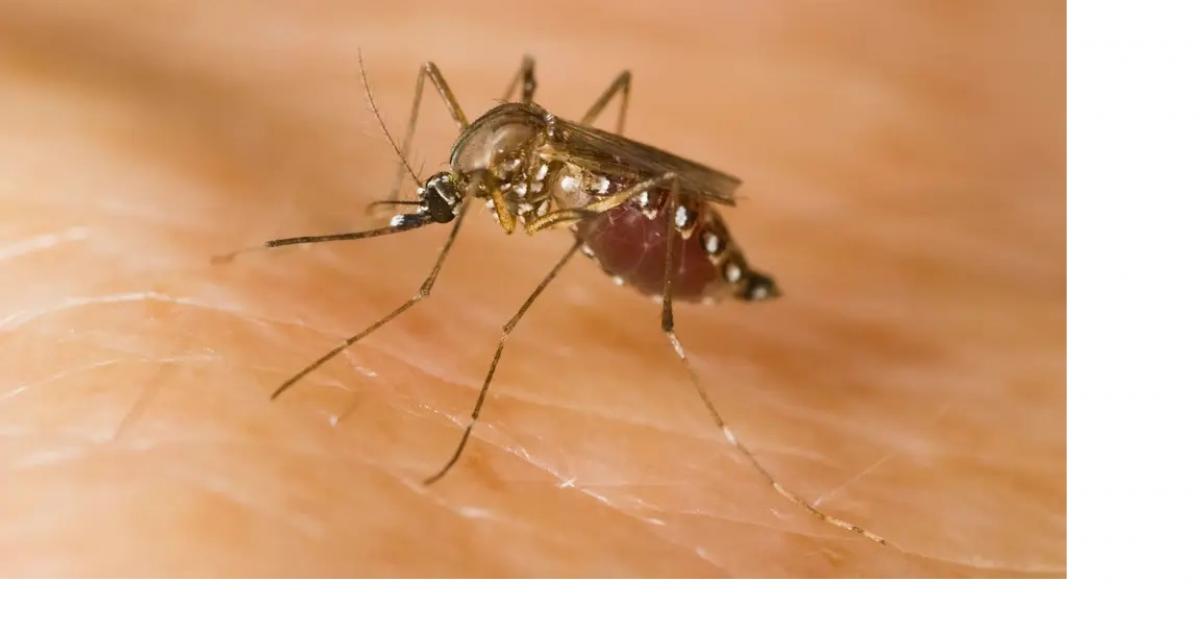The discovery of eggs from the Aedes aegypti – Egyptian mosquito – and Aedes albopictus – Asian tiger mosquito – has prompted a fresh warning from the British Pest Control Association (BPCA).
A report from the UK Health Security Agency (UKHSA) confirmed that Aedes aegypti eggs were found in September 2023 at a surveillance trap at Heathrow Airport, while Aedes albopictus eggs were detected in August 2024 at a service station on the M20 in Kent.
Niall Gallagher, technical manager at the BPCA, said: “The UKHSA’s findings are significant as both Egyptian and Asian Tiger mosquitoes are vectors of diseases including dengue fever, chikungunya and Zika virus, but the report makes it clear that there is no evidence that they have become established.”
The two discoveries were followed by increased surveillance, and more than 300 mosquito surveillance traps are in place across England and Wales as part of UKHSA’s strategy to reduce the likelihood of invasive mosquitoes becoming established.
Mr Gallagher said the primary concern with native UK mosquitoes is generally limited to discomfort.
He said: “The main issue with bites from native UK mosquitoes is that they can cause swelling and itchiness.
“In some cases, a reaction to the bite, or infection caused by scratching, can require further action and we would recommend checking advice on insect bites and stings at nhs.uk.”
Mosquitoes breed in standing water, and adults can emerge within days of eggs hatching.
Some species of mosquito will emerge as early as February, with others emerging throughout the spring and remaining active through the summer to September or October, with a few lingering as late as November.
Female mosquitoes will shelter in sheds and garages over winter, having laid their eggs in standing water ready to emerge as the weather gets warmer.
The BPCA recommends keeping windows and doors closed at dawn and dusk, using fly screens, and fitting lids to water butts.
It also advises emptying outdoor containers and removing stagnant water from troughs and bird baths.
Mr Gallagher said: “Anyone concerned about pest risk, or who suspects pest activity in their property, should seek professional help and advice from a pest professional.”


